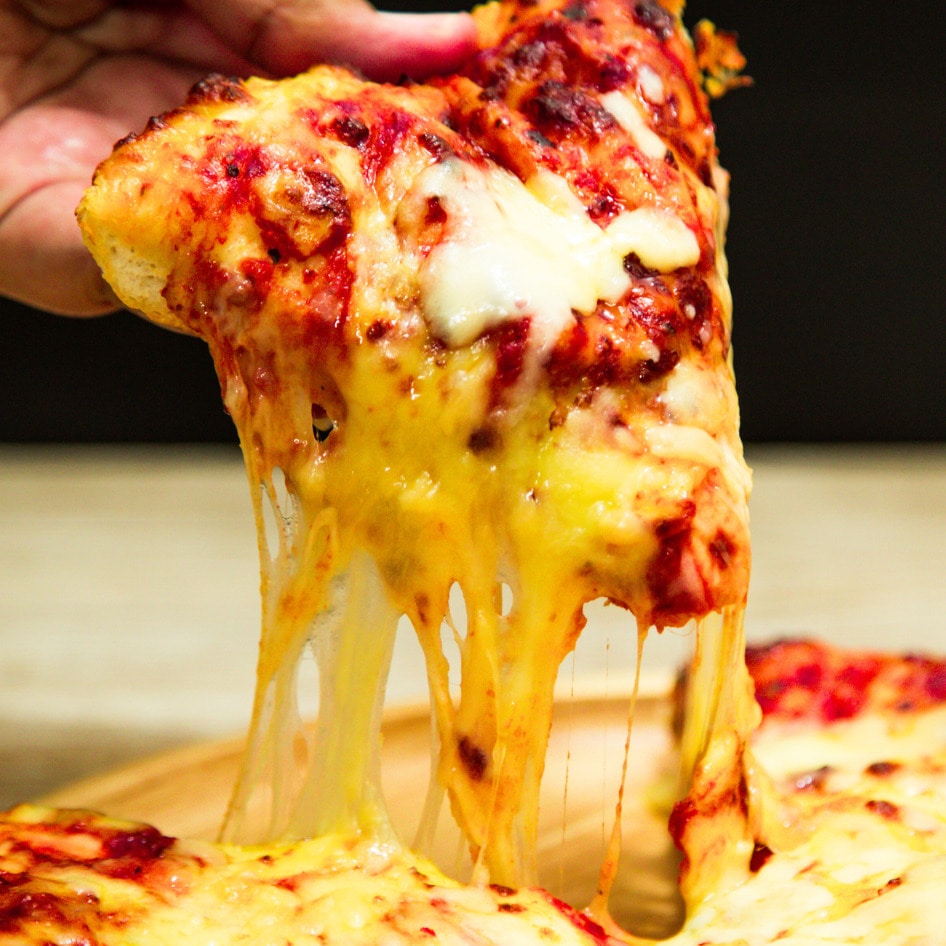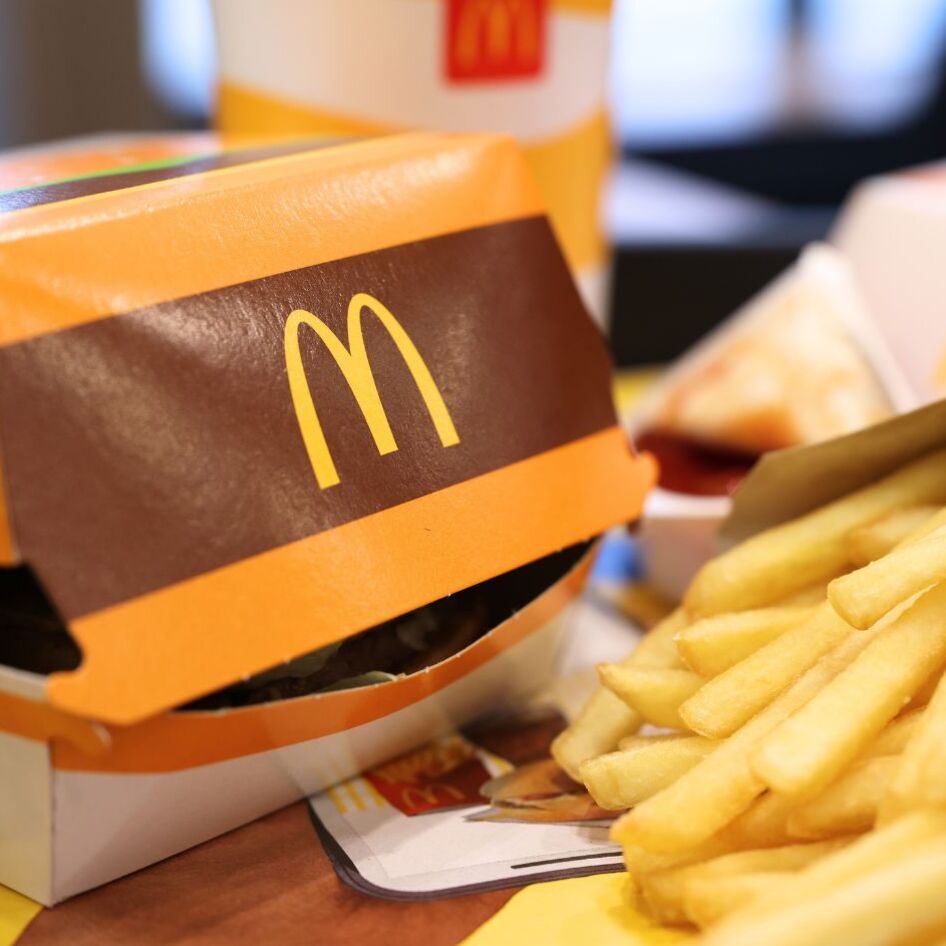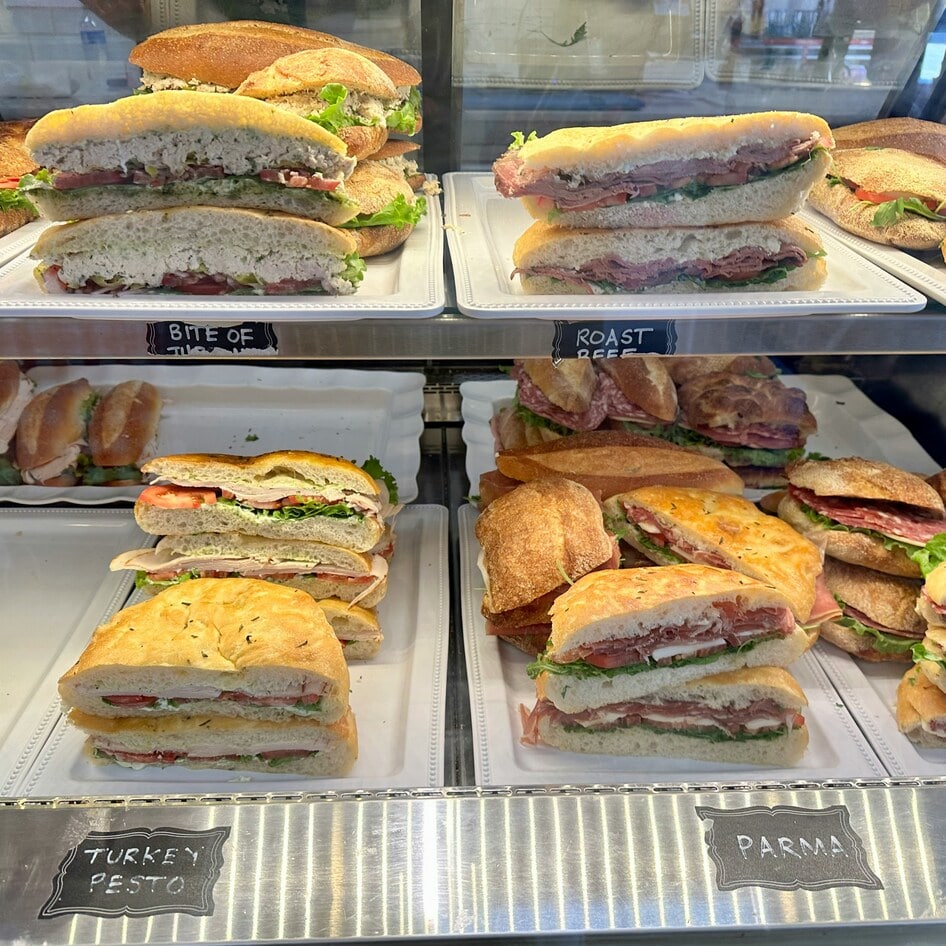4 Reasons Americans are Addicted to Food
As a vegan MD, it’s my job to ensure my patients know about the dangers of processed foods.
January 29, 2017
You’re driving along the road when you see a fast-food restaurant calling you. Your mouth waters with anticipation, even though you just finished a large meal. If this sounds like you, the truth is that you might have a food addiction, and the Standard American Diet (SAD) is the perfect drug of choice due to its high-calorie processed foods, salt, oils, sweeteners, and animal products. The key to overcoming America’s food addiction is avoidance of these highly processed, hyper-palatable foods and replacing them with the nutrient-dense plant-based foods that nature provides. Helping people overcome food addiction is one of many roles I have as the medical director at Dr. Fuhrman’s Health Oasis, a new medical clinic created by Joel Fuhrman, MD. Under my care, here are the four things I tell my patients to reverse their addiction to food.
1. Processed foods are socially acceptable, cheap, and convenient
Our society has made it difficult to abstain from foods full of added fats, sugar, and salt when they are cheap, readily accessible on every corner, and you don’t have to leave your car or home to get the food. Our environment influences our food choices and includes how far we live from a supermarket, what foods are available at home, and how close we are from the nearest fast-food restaurant. Individuals living in food deserts—where there is a lack of supermarket access—have an increased risk of obesity and poor diets. To fix this problem, what if instead of empty lots there were community gardens, farmers’ markets, or specialty low-income grocery stores with plant foods that accepted food stamps?
2. Processed foods activate the dopamine reward system
Dopamine is a neurotransmitter found in the pleasure and reward center of our brain, motivating our desire for food, water, and sex. Hyper-palatable foods cause a release of dopamine in the brain that creates an enjoyable experience. Dopamine propels the individual to perform behaviors to secure and consume the substance that caused the pleasing sensation to begin. It’s easy to understand how this happens with deep-fried cheese sticks, but those eating a whole food, plant-based diet will not have this happen because our brains do not become overstimulated when we eat an apple.
3. Junk food creates a craving for more junk food
As the body restores balance from the overstimulation of addictive processed food, our bodies dampen the response by decreasing the number of dopamine receptors available for use. Tolerance develops when an individual’s body adapts on a cellular level to constant exposure to a substance. This is followed by physical dependence—when a person develops withdrawal symptoms when the substance is not consumed. Addiction then occurs when the behavior changes, such as an irresistible urge to continue seeking and taking the substance despite negative consequences. Dopamine receptor reduction is associated with addictive behavior, irrespective of whether it’s due to food, drugs, or alcohol. The good news? As we consume plant foods such as beans, vegetables, fruits, and whole grains, our bodies thrive without the concerns of food addiction.
4. People confuse withdrawal from toxic foods as hunger
The SAD is full of high-calorie, low-nutrient foods that create inflammation, oxidative stress, and accumulation of toxic metabolites in cells. Toxic hunger is the constellation of withdrawal symptoms that occur when the body is done digesting a meal and begins to remove waste products created after eating these foods. These symptoms include fatigue, shakiness, irritability, headaches, and the inability to concentrate. Rather than eating when the body is ready for another meal, the person feels as though they must eat to relieve the symptoms of toxic hunger within just a few hours of the last meal instead. However, when you flood the body with the phytochemicals and micronutrients found in plant foods, toxic hunger resolves within days, resetting a person’s ability to recognize true hunger.
Laurie Marbas, MD, MBA is the medical director at Dr. Fuhrman’s Health Oasis in Boca Raton, Florida.
JUMP TO ... Latest News | Recipes | Guides | Health | Subscribe







